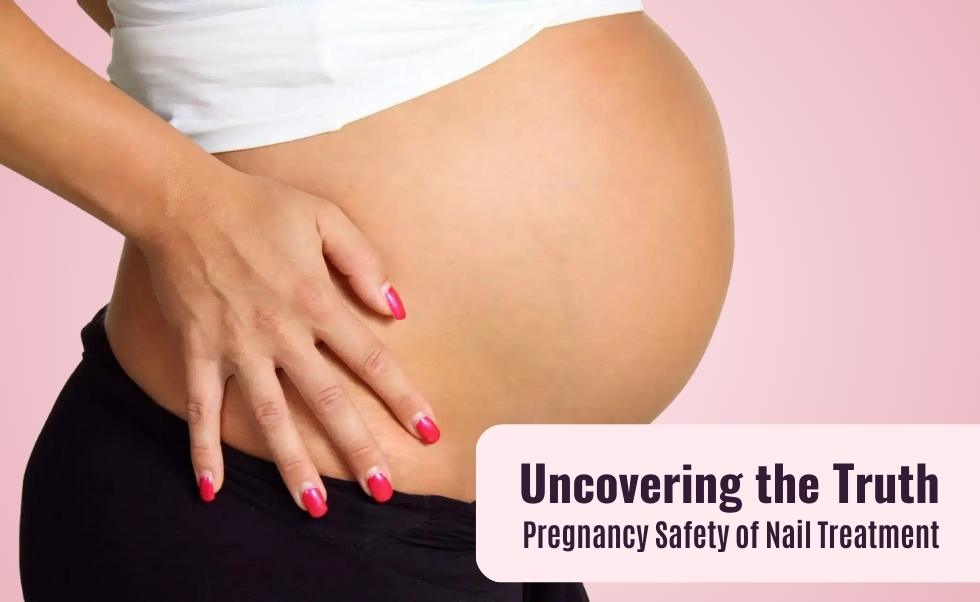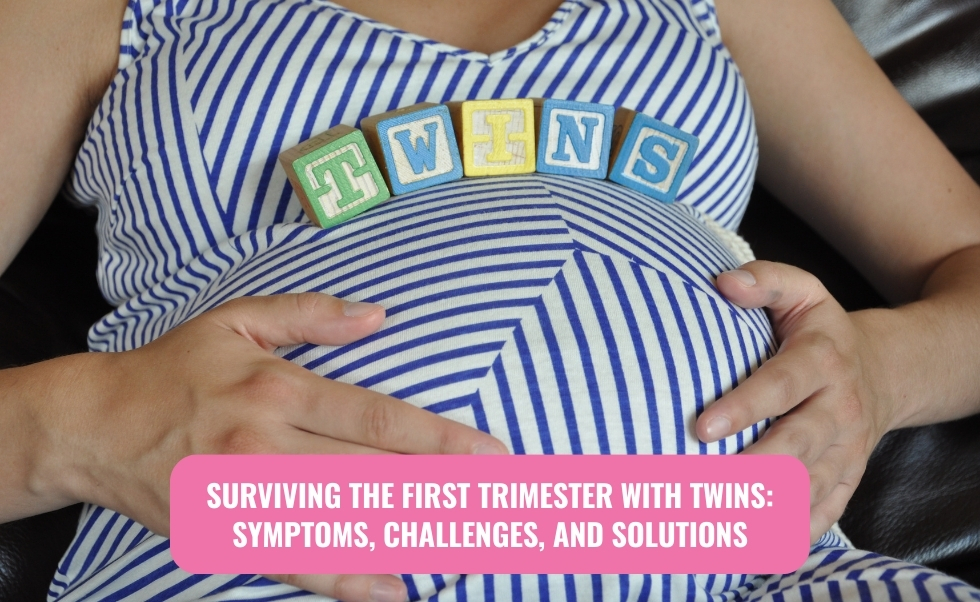When planning to start a family, it’s essential to consider the health and well-being of both partners. While much attention is often given to the mother’s health, the father’s diet and lifestyle are equally important. A healthy diet can significantly impact male fertility, influencing sperm quality and reproductive health. Here, we’ll explore why a prospective father’s diet matters, what should be reduced or eliminated, what foods boost fertility, and how weight plays a role.
Why is My Diet Important in Trying to Conceive?
Diet plays a crucial role in overall health and fertility for men. What a man eats can significantly affect the quality and motility of his sperm. Nutrient-rich foods provide essential vitamins and minerals that support sperm production and function. Conversely, poor dietary choices can lead to oxidative stress, inflammation, and hormonal imbalances, all of which can impair fertility.
What Should I Cut Down On for Improved Fertility?
- Processed Foods: Processed foods often contain unhealthy fats, high levels of sugar, and artificial additives, which can negatively impact sperm quality. Reducing the intake of processed snacks, fast food, and sugary beverages can help improve fertility.
- Trans Fats: Found in many fried and baked goods, trans fats are linked to poor sperm quality. These unhealthy fats can increase inflammation and oxidative stress, both detrimental to sperm health.
- Alcohol: Excessive alcohol consumption can reduce testosterone levels, leading to decreased sperm production and quality. Cutting down on alcohol or eliminating it can boost fertility.
- Caffeine: While moderate caffeine intake is generally safe, high consumption can affect sperm count and motility. It is advisable to limit coffee, energy drinks, and caffeinated sodas.
- Saturated Fats: High intake of saturated fats, commonly found in red meat and full-fat dairy products, can negatively affect sperm quality. Opting for leaner cuts of meat and low-fat dairy can make a difference.
What Foods Will Increase Our Chances of Getting Pregnant?

- Fruits and Vegetables: Rich in antioxidants, fruits, and vegetables help combat oxidative stress, which can damage sperm. Foods high in vitamin C (such as oranges, strawberries, and bell peppers) and vitamin E (like nuts, seeds, and spinach) are particularly beneficial.
- Whole Grains: Whole grains such as brown rice, quinoa, and whole wheat bread provide essential nutrients and fiber, supporting overall health and reproductive function.
- Lean Proteins: Protein sources like chicken, turkey, fish, and plant-based options such as beans and lentils provide important amino acids for sperm production. Omega-3 fatty acids in fatty fish (like salmon and sardines) are also crucial for healthy sperm.
- Nuts and Seeds: Walnuts, almonds, sunflower seeds, and flaxseeds are excellent sources of omega-3 fatty acids, zinc, and selenium, vital for sperm health.
- Dairy Products: Low-fat dairy products are rich in calcium and vitamin D, essential for maintaining hormonal balance and supporting sperm production.
- Healthy Fats: Incorporate healthy fats from sources like avocados, olive oil, and nuts into your diet. These fats support hormonal health and reduce inflammation.
- Zinc-Rich Foods: Zinc is crucial for sperm production and testosterone levels. Foods like oysters, beef, pumpkin seeds, and fortified cereals are good sources of zinc.
- Folic Acid: Though commonly associated with female fertility, folic acid is also important for men. Leafy greens, beans, and fortified cereals can help ensure adequate intake.
Will My Weight Affect My Fertility?
Maintaining a healthy weight is crucial for optimal fertility. Both underweight and overweight men can experience fertility issues due to hormonal imbalances and other health complications.
- Overweight and Obesity: Excess body fat can lead to elevated estrogen levels and lower testosterone levels, impairing sperm production. Additionally, obesity is linked to increased oxidative stress and inflammation, which can damage sperm.
- Underweight: Being underweight can also disrupt hormone levels and reduce sperm quality. Ensuring adequate nutrition and maintaining a healthy body weight is important for reproductive health.
- Exercise and Weight Management: Regular physical activity helps maintain a healthy weight and supports overall well-being. However, it’s important to balance exercise with adequate rest and nutrition. Extreme physical activity can lead to excessive weight loss and hormonal imbalances, negatively impacting fertility.
A healthy diet is fundamental for men looking to conceive. Prospective fathers can significantly improve their fertility and overall health by focusing on nutrient-dense foods and cutting down on unhealthy options. Maintaining a balanced diet, managing weight, and adopting a healthy lifestyle can create the optimal conditions for conception. Prioritizing these changes enhances fertility and sets the foundation for a healthier future for both partners and their potential children.







